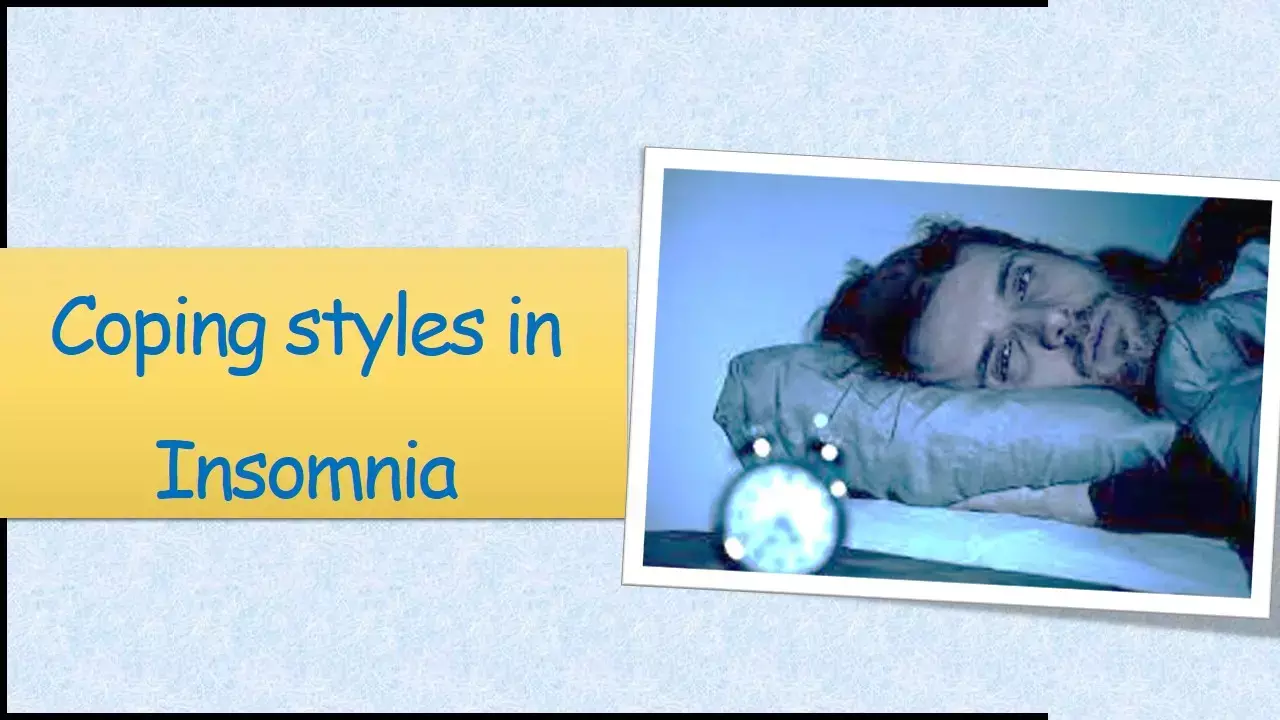- Home
- Medical news & Guidelines
- Anesthesiology
- Cardiology and CTVS
- Critical Care
- Dentistry
- Dermatology
- Diabetes and Endocrinology
- ENT
- Gastroenterology
- Medicine
- Nephrology
- Neurology
- Obstretics-Gynaecology
- Oncology
- Ophthalmology
- Orthopaedics
- Pediatrics-Neonatology
- Psychiatry
- Pulmonology
- Radiology
- Surgery
- Urology
- Laboratory Medicine
- Diet
- Nursing
- Paramedical
- Physiotherapy
- Health news
- Fact Check
- Bone Health Fact Check
- Brain Health Fact Check
- Cancer Related Fact Check
- Child Care Fact Check
- Dental and oral health fact check
- Diabetes and metabolic health fact check
- Diet and Nutrition Fact Check
- Eye and ENT Care Fact Check
- Fitness fact check
- Gut health fact check
- Heart health fact check
- Kidney health fact check
- Medical education fact check
- Men's health fact check
- Respiratory fact check
- Skin and hair care fact check
- Vaccine and Immunization fact check
- Women's health fact check
- AYUSH
- State News
- Andaman and Nicobar Islands
- Andhra Pradesh
- Arunachal Pradesh
- Assam
- Bihar
- Chandigarh
- Chattisgarh
- Dadra and Nagar Haveli
- Daman and Diu
- Delhi
- Goa
- Gujarat
- Haryana
- Himachal Pradesh
- Jammu & Kashmir
- Jharkhand
- Karnataka
- Kerala
- Ladakh
- Lakshadweep
- Madhya Pradesh
- Maharashtra
- Manipur
- Meghalaya
- Mizoram
- Nagaland
- Odisha
- Puducherry
- Punjab
- Rajasthan
- Sikkim
- Tamil Nadu
- Telangana
- Tripura
- Uttar Pradesh
- Uttrakhand
- West Bengal
- Medical Education
- Industry
BMC study explores differences in coping styles of insomnia patients

Insomnia appears to be one of the most frequent sleep complaints in the general population which has significant negative impact on daily functioning. However, there has been little research that described the effect of coping style in insomnia disorder. A study published in BMC Psychiatry by Yinghui Li et al has used various scales to evaluate insomnia disorder along with assessing the sleep quality and determining the status of depression, anxiety and other psychological symptoms. It was found that insomniacs use more negative coping styles and less positive ones.
Insomnia, is described as difficulty initiating and maintaining sleep and/or early morning awakenings, appears to be the most common sleep disorder in the general population affecting approximately 10–30% of the population worldwide.
Coping styles have been shown to be a stable psychological and behavioral strategy, positive or negative to overcome external and internal challenges. Positive coping style tends to take direct and rational ways to solve problems, in contrast, negative coping style refers to dealing with problems by neglecting, avoidance and denial.
The present study hypothesized that patients with insomnia disorder are more likely to use negative coping strategies and less likely to use positive coping strategies, which is closely related to the severity of insomnia and the psychological status.
In this cross-sectional study, The Simplified Coping Style Questionnaire (SCSQ) was used to evaluate 79 adult patients with insomnia disorder alongside 80 healthy controls. Additionally, sleep quality was assessed with the Pittsburgh Sleep Quality Index (PSQI), and Symptom Checklist-90-Revised (SCL-90R) was utilized to determine the status of depression, anxiety and other psychological symptoms.
The SCSQ was divided into two subscales: positive coping (12 items) and negative coping (8 items). Positive coping reflects the level of the active coping style, such as "solving problems by work, learning or other things" or "looking at the good side of things". In contrast, negative coping reflects the level of passive coping style, such as "when facing problems, escaping troubles by drinking and smoking" or "relying others to solve problems". Each item is scored on a four-point Likert scale (0 = never, 1 = seldom, 2 = often, 3 = always). Higher scores on each subscale reflect the level of the coping style. Cronbach's α for positive coping and negative coping were 0.89 and 0.78, respectively.
It was found that Positive coping style score was significantly lower, whereas negative coping style score and nine symptomatic dimensions of SCL-90R were significantly higher in insomnia patients than in controls.
Positive coping style score was adversely related to PSQI score, obsessive-compulsive, depression, anxiety and phobic anxiety, whereas negative coping style score was positively related to PSQI score, somatization and interpersonal sensitivity.Further multiple stepwise regression analysis showed that PSQI total score was independently and positively correlated with negative coping style score.
This study also found that all dimensions of SCL-90R in patients with insomnia disorder were higher than normal controls, such as somatization, obsessive-compulsive, depression, anxiety and hostility.
Thus, it can be concluded that insomniacs use more negative coping styles and less positive ones. Positive coping is adversely associated with insomnia symptoms and psychological distress, whereas negative coping is positively related to those symptoms. Negative coping has a negative effect on sleep quality.
The clinicians should attach importance to coping styles of insomniacs in clinical practice, which may help to develop more targeted prevention and intervention strategies.
Source: BMC Psychiatry: https://doi.org/10.1186/s12888-021-03254-7
M.B.B.S, M.D. Psychiatry
M.B.B.S, M.D. Psychiatry (Teerthanker Mahavir University, U.P.) Currently working as Senior Resident in Department of Psychiatry, Institute of Human Behaviour and Allied Sciences (IHBAS) Dilshad Garden, New Delhi. Actively involved in various research activities of the department.
Dr Kamal Kant Kohli-MBBS, DTCD- a chest specialist with more than 30 years of practice and a flair for writing clinical articles, Dr Kamal Kant Kohli joined Medical Dialogues as a Chief Editor of Medical News. Besides writing articles, as an editor, he proofreads and verifies all the medical content published on Medical Dialogues including those coming from journals, studies,medical conferences,guidelines etc. Email: drkohli@medicaldialogues.in. Contact no. 011-43720751


